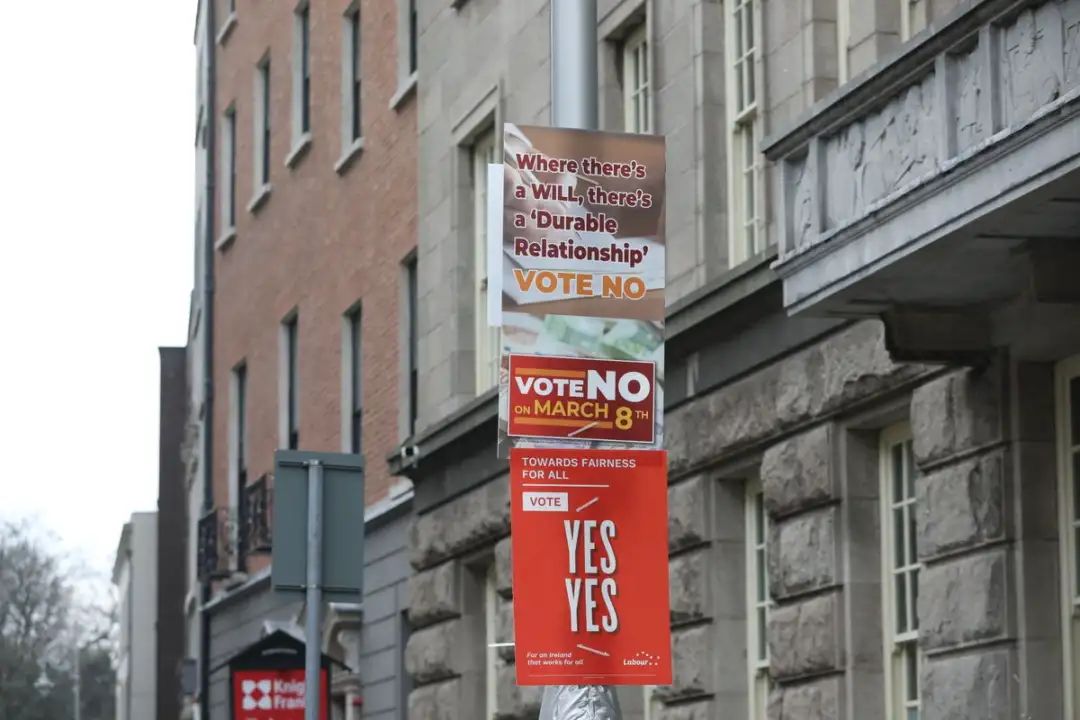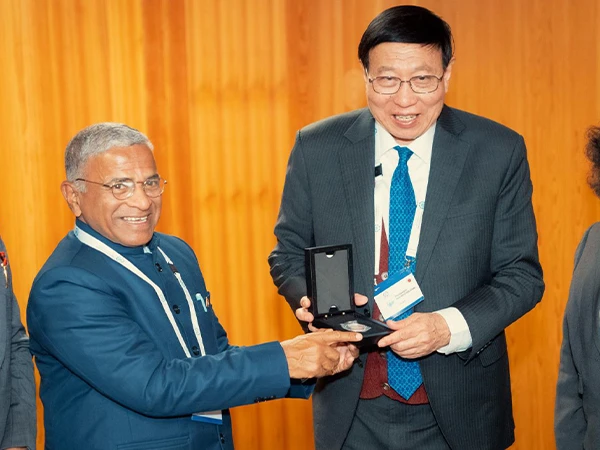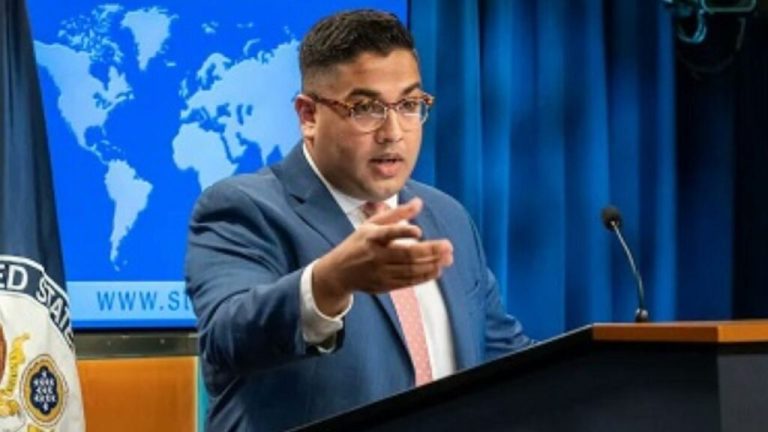Counting under way in Ireland’s twin referenda
The boxes were opened at 9am after the public went to the polls on Friday to vote on whether to change the wording of the Constitution relating to the areas of family and care.
Results for both will be announced separately later on Saturday.
There was a low turnout reported throughout the day, with some areas understood to be less than 30% of registered voters.
There was a slight uplift at polling stations as people made their home on Friday evening, however it is thought that numbers remained lower compared to previous referenda.
The two questions will be counted separately, with both results expected to be declared at Dublin Castle by Saturday evening.
The family amendment will be counted and declared first.
Irish President Michael D Higgins and his wife Sabina voted at their polling station at St Mary’s Hospital in Phoenix Park on Friday.
It is the first time Mr Higgins, 82, has been seen in public since he was discharged from hospital on Thursday.
He was admitted to St James’ Hospital in Dublin last Thursday evening after experiencing a “mild transient weakness”.
After a seven-night stay, he returned to his official residence, Aras an Uachtarain, on Thursday.
Taoiseach Leo Varadkar, Tanaiste Micheal Martin and Sinn Fein leader Mary Lou McDonald also voted in the referenda.
The family amendment proposes extending the meaning of family beyond one defined by marriage and to include those based on “durable” relationships.
The care amendment proposes deleting references to a woman’s roles and duties in the home, and replacing it with a new article that acknowledges family carers.
The Constitution is the fundamental legal document for the country and can only be changed with the approval of Irish citizens through a national vote.
The campaigns have led to national debates over the role of women in the home, what responsibility the State has for care and the meaning of family.
The Irish Government campaigned for a yes vote in both amendments. It says the changes will remove sexist language, recognise family care and extend protection to families not based on marriage.
The result of the referenda will be decided by majority.
Counting of the ballots happens at a constituency basis at various centres around the country.
Duke of Edinburgh says monarchy ‘important as ever in bringing people together’
What the papers say – March 9
Gaza protests in London have cost over £32 million to police
Honour for police officers killed on duty ‘means so much’, fathers say
Former sprinter to retire after nearly 50 years as NHS nurse
Government ‘must do better to ensure classrooms are fit for learning’






